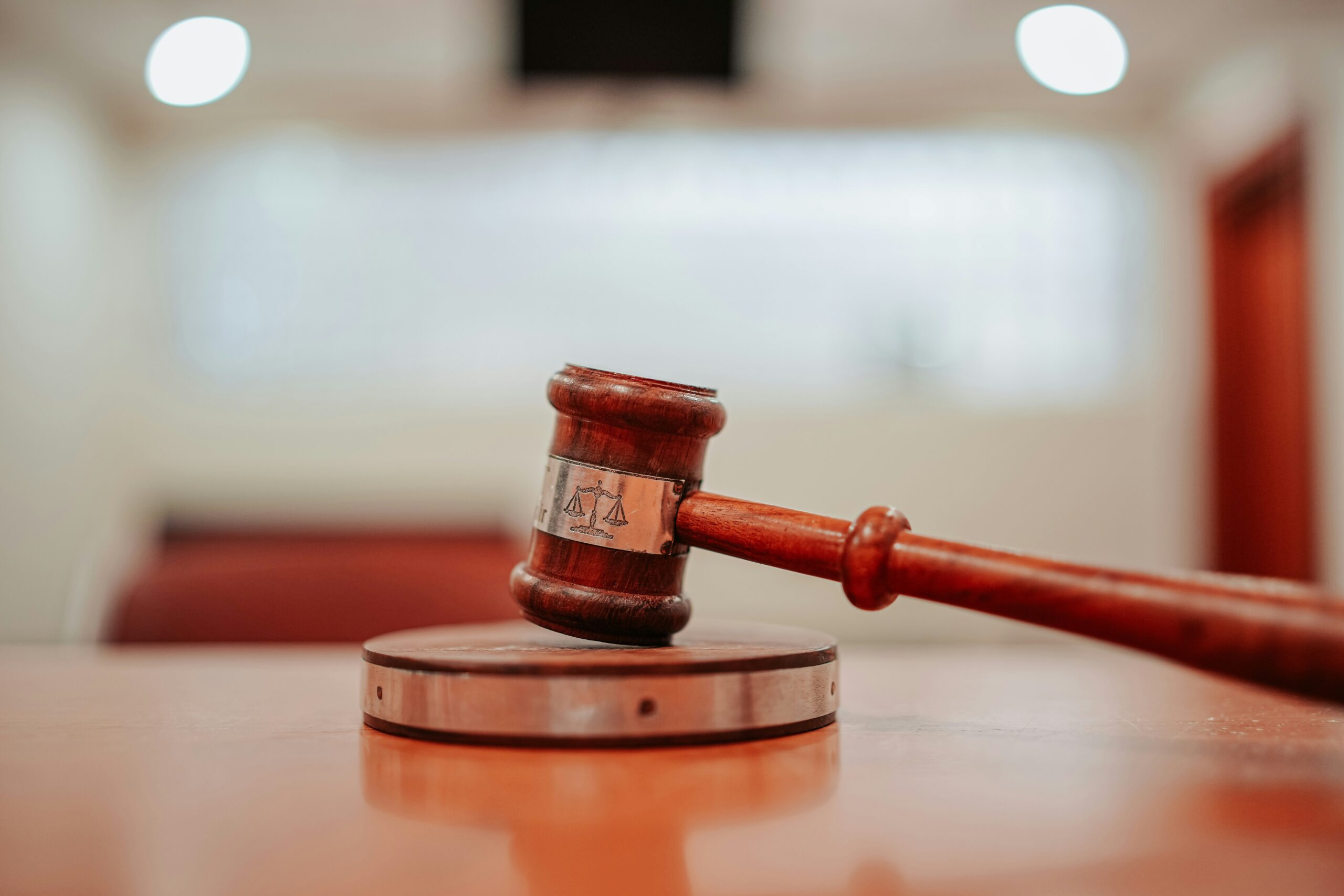
Internal Affairs divisions are the backbone of accountability and integrity within law enforcement agencies. These specialized units investigate allegations of misconduct, corruption, and violations of departmental policies by police officers. By holding officers accountable, Internal Affairs protects the public and preserves the trustworthiness and professionalism of the entire police force.
Without Internal Affairs, law enforcement agencies would risk losing credibility in the eyes of the communities they serve. The unit’s commitment to transparency and ethical behavior ensures that officers operate within the law and departmental standards. This accountability mechanism strengthens community relations, reduces incidents of abuse, and fosters a culture of ethical policing.
Why Internal Affairs Matters
Internal Affairs plays a vital role in upholding the ethical standards of police departments. When misconduct allegations arise, these units conduct thorough investigations to determine the facts and recommend appropriate disciplinary action. Their work helps prevent corruption and abuse of power, which can undermine public trust and safety.
Moreover, Internal Affairs serves as a deterrent against future misconduct. Knowing that unethical behavior will be scrutinized discourages officers from violating rules or engaging in illegal activities. This oversight promotes a culture of professionalism and respect within the force, ultimately benefiting the public and the officers.
Investigative Processes and Techniques
Internal Affairs investigations begin with the intake of complaints, which can come from civilians, fellow officers, or supervisors. Investigators collect evidence through interviews, surveillance footage, body-worn camera recordings, and other relevant materials. They must maintain impartiality and confidentiality throughout the process to ensure fairness.
These units also use advanced techniques such as forensic analysis and data review to uncover behavior patterns or systemic issues within the department. By examining isolated incidents and broader trends, Internal Affairs can recommend policy changes or training improvements to prevent recurring problems.
Challenges Faced by Internal Affairs
Internal Affairs officers often confront significant challenges in their work. They must balance the pressure to hold officers accountable with maintaining good morale within the department. This balancing act requires diplomacy, resilience, and unwavering commitment to justice.
Furthermore, Internal Affairs can face resistance or hostility from officers who perceive investigations as threats. Overcoming this requires strong leadership and clear communication about the unit’s role in supporting ethical policing. Additionally, some investigations involve complex legal and moral questions, demanding careful navigation to protect all parties’ rights.
The Impact on Community Trust
Public perception of law enforcement often hinges on how effectively agencies manage internal misconduct. When Internal Affairs acts decisively and transparently, it fosters community confidence that officers are held to high standards. This transparency can bridge the gap between law enforcement and communities, especially historically marginalized or distrustful.
In contrast, internal affairs failures or perceived cover-ups can severely damage public trust. Therefore, many departments emphasize transparency by publishing investigation outcomes or involving civilian oversight boards. Such measures increase accountability and demonstrate a commitment to fairness.
Training and Prevention Initiatives
Beyond investigations, Internal Affairs contributes to officer training and policy development. By analyzing misconduct trends, these units can identify gaps in knowledge or judgment and recommend targeted training programs. This proactive approach helps officers better understand ethical boundaries and reinforces department values.
Preventative efforts foster open communication channels where officers feel safe reporting concerns or misconduct. Encouraging whistleblowing protects the department from systemic issues and promotes a culture where integrity is the norm rather than the exception.
Legal and Ethical Considerations
Internal Affairs operates within a complex legal framework that protects officers’ rights while ensuring accountability. Investigators must adhere to rules governing evidence collection, interrogation, and privacy. Violating these can jeopardize investigations and lead to legal challenges.
Ethically, Internal Affairs must maintain impartiality and avoid conflicts of interest. Investigators often come from within the department, which can complicate perceptions of bias. Therefore, many agencies supplement internal units with external oversight to enhance credibility and impartiality.
Technological Advancements Enhancing Accountability
Technology has revolutionized how Internal Affairs conducts investigations. Body-worn cameras provide critical visual evidence, reducing disputes about what occurred during police interactions. Digital record-keeping and case management systems streamline investigation tracking and reporting.
Additionally, data analytics enable departments to identify patterns such as excessive use of force or complaints against specific officers. These insights empower Internal Affairs to focus resources effectively and address issues before they escalate.
The Future of Internal Affairs
As society demands greater transparency and accountability, Internal Affairs will continue evolving to meet these expectations. Innovations like artificial intelligence may assist in analyzing vast amounts of data to detect misconduct early. Moreover, partnerships with civilian review boards and community organizations will likely strengthen.
Ultimately, internal affairs’ success depends on leadership commitment and a department-wide culture that values integrity. When these elements align, Internal Affairs can serve as a powerful guardian of ethical law enforcement, ensuring justice outside and within the department.
Internal Affairs is indispensable in maintaining law enforcement agencies’ integrity and accountability. Through rigorous investigations, preventive measures, and transparent communication, these units uphold the principles that foster public trust and professionalism. As challenges evolve, so must Internal Affairs, continuing its vital mission to protect the public and the officers sworn to serve.